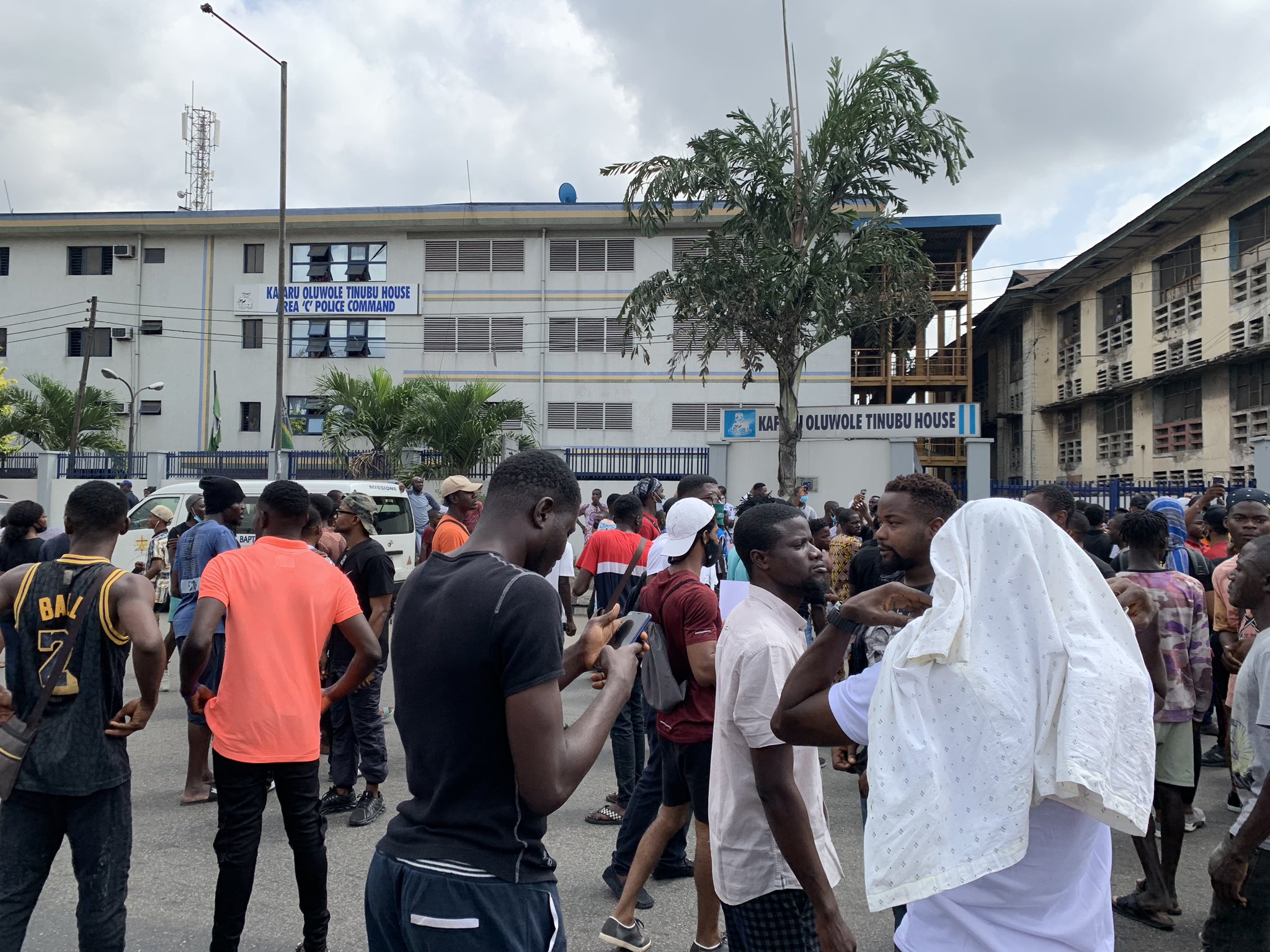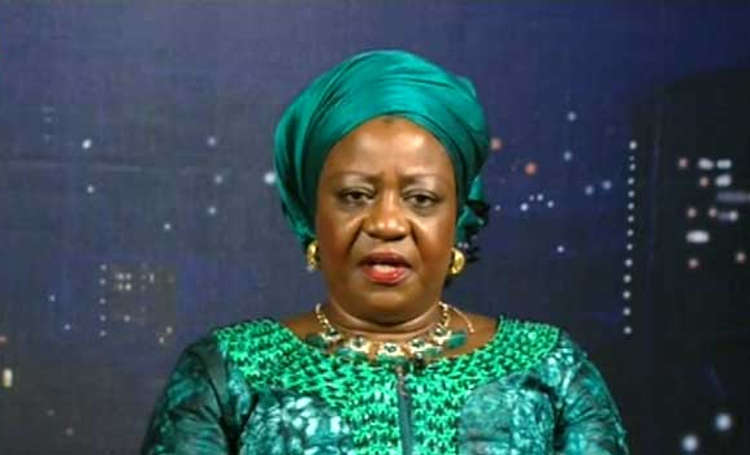Except for the perennially optimistic the independence celebrations were poor, monotonous, pervasively cyclical, and irredeemably optimistic. From the federal capital to the states, the speeches were uninspiring and inadequately emblematic of a people who think big of tomorrow. As it was in the beginning, when we were very young, going to the stadium to march on this fateful day of a people’s deliverance from the shackles of colonialism, so it is now, and even progressively poorer, because leadership has grown so poor that many are looking to the distant past for solutions to today’s problems. Yet a group thinks that Nigeria is having a ball and the country should celebrate for having some people in leadership positions. There are some who say that it is our inability to truthfully address the reality of our situation that has landed us where we are as a country – churning out lives that are in deficit and turning the advantages of a blessed land into a poverty capital for the global community.
However, with all the stories of missteps and missed opportunities that were told, the telecommunications and the broadcast industries stood out very positively as areas the country has made progress. And quite fortuitously these two sectors were born the same year, in 1992, not by politicians but by the military whose commitment to the sectors, especially to broadcasting, was not really for the purpose of investment but more as way of making it impossible for people to announce the staging of military coups from the only government radio station in Lagos. Self-preservation, eh? I was reliably informed a long time ago that this was one of the strong arguments canvassed by clever civilians who were trying to democratize the sector.
But few decades down the line, the world has moved on. Nobody is talking of military coups any more except in Mali, and the two sectors have become poster boys in a dreary world of sordid performance in all fronts. Permit me to stick only to the telecommunications sector in this write-up, and you will soon understand why.
It was pleasant news for me therefore when the Executive Vice Chairman (EVC) of the Nigerian Communications Commission (NCC), Prof Umar Garba Danbatta, luxuriated in the benefits of the listing of MTN shares at the Nigerian Stock Exchange (NSE), calling it a cardinal achievement of the regulator as investors may have raked in about a trillion Naira in price appreciation. Little wonder the story was heavily reported in the media, as the search for good news can be very difficult in this corner of the world.
Advertisement
While one would admit that the listing of some telecom companies on the Exchange had been on the card for some time, a timed opportunity availed itself when, in the process of a fine resolution with MTN, the regulator cleverly offered that as one of the conditions to be met before final settlement. Such action, Danbatta explained, was to stimulate investment in, and growth of the market but more also to ensure that the regulatory intervention keeps operators in check in line with the provisions of the Nigerian Communications (NCA) 2003.
Recall that in June 2017, MTN had its fine of N1.04Trillion negotiated downwards to N330bn after an initial payment of N50bn goodwill amount to a nominated account before the negotiations could even start by the government. According to the agreement signed with the regulator, the amount was to be paid in five tranches, beginning from March 31, 2017, to May 31, 2019. An important leg of that agreement was for MTN to list on the Nigerian Stock Exchange (NSE) as soon as possible.
A seemingly fulfilled Danbatta had this to say: “This bold and courageous regulatory action is now transforming lives and boosting the economy. With MTN shares available in the market, it is expected that Nigerians will buy shares and by purchasing the shares of MTN, they will be financially empowered and be socially transformed. Also, one of the benefits of listing on the NSE is that the telcos have enormous opportunities for raising more capital for network expansion, which will, in turn, bring about improvement in the quality of service delivery and quality of experience for telecom consumers.”
Advertisement
On the foregoing, Danbatta will enjoy a lot of followership. I agree with him completely in the good movement of the shares at the Exchange. The journey to the Exchange was a long one and its purity and sincerity of some of the voices behind it can only be unveiled by time. But there is no doubting the advantages the journey brings to the market. Superficially, it is a good story and everybody loves a good story.
But something else also caught my attention. Excusing myself from that momentary excitement I took a little journey to the website of the Commission to see what the stats are doing, you know like looking at the dashboard to see how your vehicle is performing. The figures are quite interesting with some shades of gloom. By August this year, market leader, MTN, had 83, 083, 913 subscribers (40.90% of the market), Airtel – 54, 766, 947 (26. 96%), Glo – 52, 934, 089 (26. 06%), and EMTS (9Mobile) – 12, 377, 612 (6.09%). While one can say that initial strategy decisions are helping to perpetrate MTN in its leading position, as Airtel has overcome its convoluting apotheosis to seal its second place position, and Glo has maintained its place, there is nothing very exciting to say about 9Mobile. At the height of its operations in Nigeria, say, March 2015, Etisalat with Middle East parentage, was doing about 22.2m subscribers on its network. The story has changed. January last year, Etisalat had 16, 385, 317 subscribers on its network. By December of the same year, 2019, the figure has dwindled to 13,641,995. By August 2020 as already stated, that figure has again reduced to 12,377,612. The only explanation that may be possible here is that 9Mobile is on a free fall because it may be in some kind of trouble; meaning that something has to be done urgently before it begins to drag the entire industry down.
The investment pattern is also quite clear. Danbatta already indicated that going to the Exchange would expose the operators to more investable funds and this may already be quite obvious in the market strength of MTN. However, I may want to say here that it is the responsibility of the regulator to do an integrity or stress test on the entire industry to find out what problems ail the sector and to begin to search for ways to address them. Without equivocations 9Mobile is in trouble and the regulator may have to look for ways to make an intervention before we find out very painfully that it is very easy for a star to explode into oblivion in the afternoon.
It is very important to secure the health of the industry because without energizing support and proper investment, it is not possible for only three operators to carry the burden of the Nigerian telecoms market and still offer meaningful services. Oh, it is not possible for the industry to go down? Please, provide a simple answer here: Where is NITEL? The formal dominant operator in the telecommunications industry went down and almost aborted the takeoff of the mobile sector in 2001. Let me also ask, have you observed the quality of service from the operators, especially during the COVID-19 induced lockdown? The problem has been there ever since but it exacerbated during the lockdown because everybody reclined on telecoms for nearly every activity under the sun. So, my claim again, without proper investment in the sector, quality of service would continue to be at base level and some networks may not be able to stand competition on the long run and that could ruin the industry.
Advertisement
Words are good but they can also be very cheap. It is my humble suggestion that we should pay less attention to elevated celebrations of humble achievements in the industry and look more at the troubling hidden details so as to cement the fault lines before they become uncontrollable.
Views expressed by contributors are strictly personal and not of TheCable.







